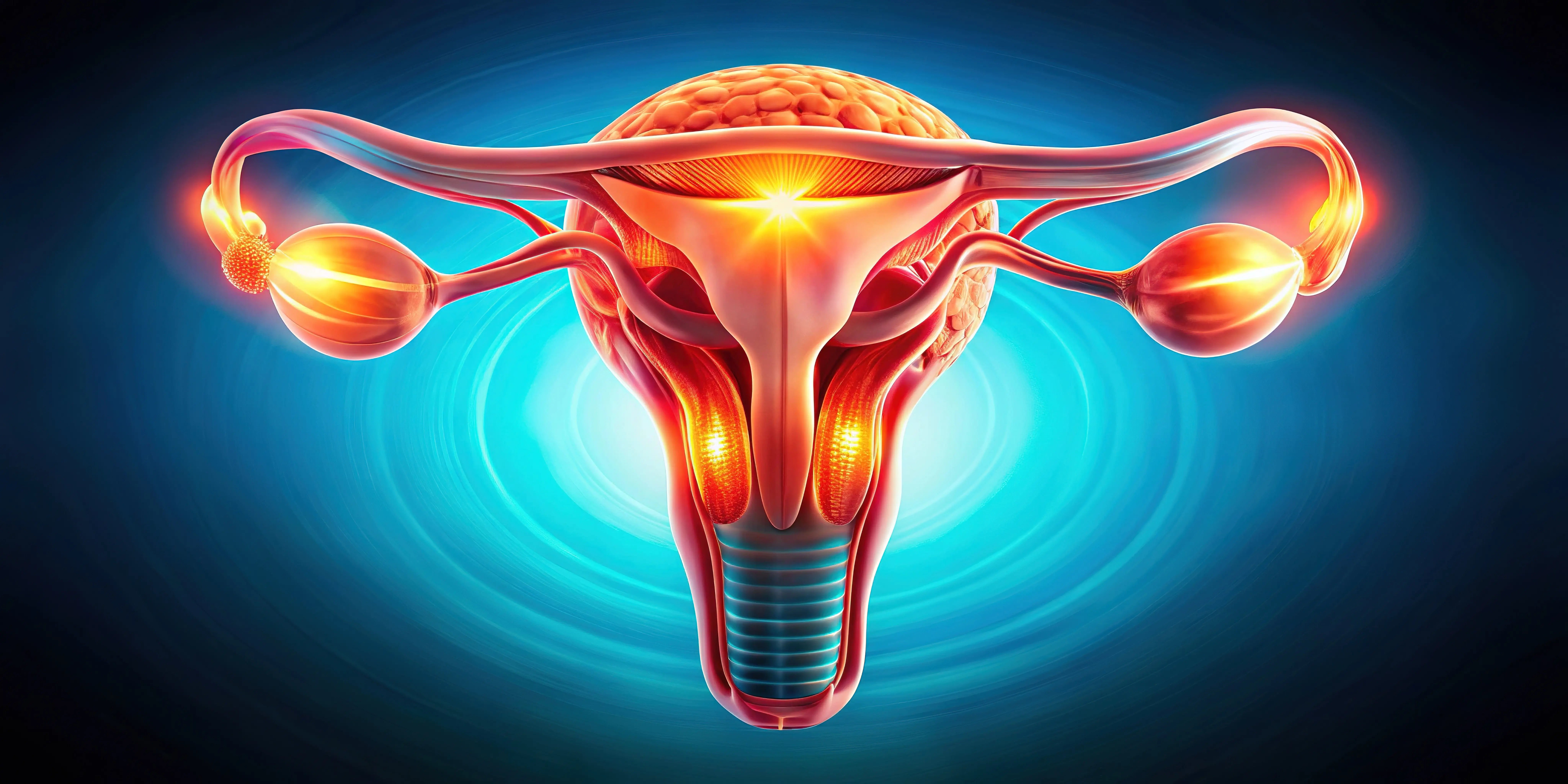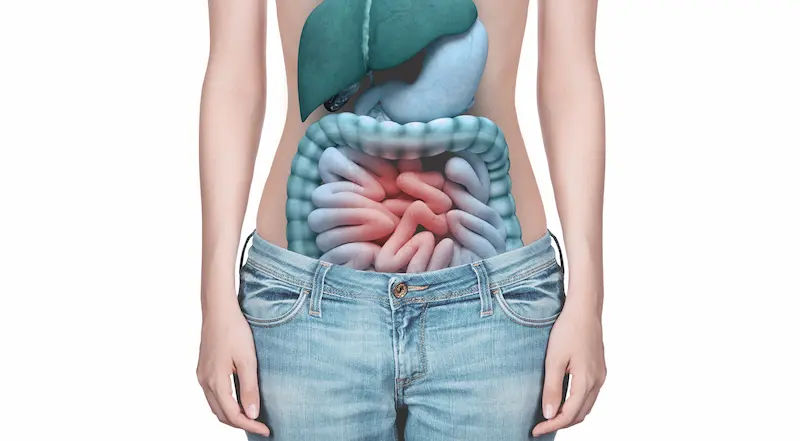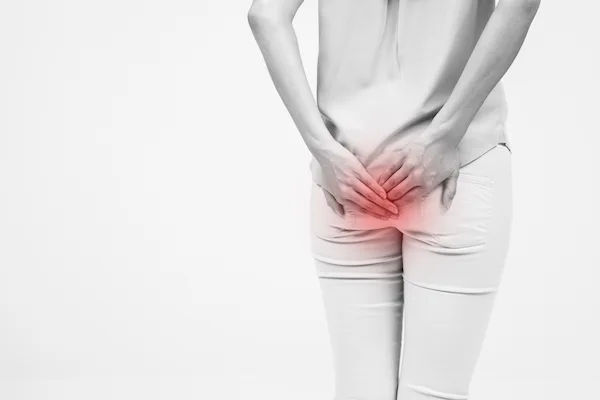What To Expect 3 Months After Hysterectomy?
Three months after a hysterectomy, many women experience improved energy, reduced pain, and emotional adjustments. Learn what to expect during this stage of recovery and how to support your physical and mental well-being.


Introduction
A hysterectomy is a major surgery that involves the removal of the uterus and sometimes other reproductive organs like the ovaries and fallopian tubes. While recovery varies from person to person, understanding what to expect three months after the procedure can help you prepare mentally and physically.
Physical Recovery at 3 Months
By the three-month mark, most women feel significantly better than they did in the first few weeks after surgery. However, full recovery can take up to six months to a year, depending on the type of hysterectomy (abdominal, vaginal, or laparoscopic) and overall health.
Here are some common experiences at this stage:
Reduced Pain & Discomfort: Sharp pains and intense soreness should have subsided, though some mild discomfort may linger, especially with prolonged activity.
Improved Energy Levels: Fatigue is common in the first few weeks, but by three months, most women regain much of their energy.
Resumption of Daily Activities: Light exercises, household chores, and even work (if not physically demanding) can usually be resumed. However, heavy lifting or strenuous workouts should still be avoided.
Scar Healing: If you had an abdominal hysterectomy, the incision scar may still be tender but should be fading.
Consult Top Specialists for Personalised Care
Emotional & Hormonal Changes
Hysterectomy can affect emotional well-being, particularly when the ovaries are removed, leading to hormonal changes associated with surgical menopause.
Possible emotional effects one might experience include:
Mood Swings: Some women experience irritability, anxiety, or mild depression.
Menopausal Symptoms (if ovaries were removed): Hot flashes, night sweats, vaginal dryness, and sleep disturbances may occur.
Body Image Concerns: Adjusting to changes in your body may take time.
Here are some tips to manage emotional well-being:
Talk to a Therapist: If mood swings persist, counselling can help.
Hormone Therapy (HRT): If menopause symptoms are severe, consult your doctor about hormone replacement options.
Stay Connected: Share your feelings with loved ones or support groups.
Sexual Health & Intimacy
Many women worry about how a hysterectomy will affect their sex life. Here’s what you can expect:
Resuming Intercourse: Most doctors recommend waiting 6-8 weeks before having sex. By three months, many women can resume sexual activity comfortably.
Possible Changes: Some may experience vaginal dryness (especially if ovaries were removed) or reduced libido. Using lubricants and discussing concerns with your partner can help.
Orgasm Differences: Since the uterus is removed, some women notice changes in sensation, but many still enjoy a fulfilling sex life.
Long-Term Health Considerations
A hysterectomy can have lasting effects on your health, so staying proactive is important.
Key points to remember:
Bone Health: If ovaries were removed, the drop in estrogen increases osteoporosis risk. Calcium, vitamin D, and weight-bearing exercises can help.
Heart Health: Estrogen loss may affect heart health, so maintaining a balanced diet and regular exercise is crucial.
Pelvic Floor Strength: Pelvic floor exercises like Kegels can prevent bladder control issues.
When to Seek Medical Help
While most recovery symptoms are normal, contact your doctor if you experience:
Severe or worsening pain
Heavy bleeding or unusual discharge
Signs of infection (fever, foul-smelling discharge)
Persistent emotional distress
Final Thoughts
Recovery from a hysterectomy is a gradual process, and three months post-surgery is a significant milestone. Listen to your body, follow your doctor’s advice, and give yourself time to heal emotionally and physically.
If you have concerns about your recovery or need guidance on managing post-hysterectomy symptoms, consider booking a consultation with a specialist through Apollo 24|7 for personalised care.
Consult Top Gynaecologists
Consult Top Specialists for Personalised Care

Dr. Asawari Kesari Kapoor
Obstetrician and Gynaecologist
23 Years • M.B.B.S, D.G.O(Mumbai) ,D.G.O (C.P.S), D.N.B (OBGY)
Delhi
Apollo Hospitals Indraprastha, Delhi
(25+ Patients)

Dr. Shruti I
Obstetrician and Gynaecologist
7 Years • MBBS, MS (OBSTETRICS & GYNAECOLOGY)
Bangalore
Apollo Clinic Bellandur, Bangalore
Dr. Veena Devi
Obstetrician and Gynaecologist
24 Years • MBBS, DGO, MRCOG
Bengaluru
Apollo Clinic, Sarjapur Road, Bengaluru

Dr. Srinka Mukherjee
Obstetrician and Gynaecologist
7 Years • Obstetrics & Gynaecology
Bansdroni
Siddhita Healthcare., Bansdroni

Dr. Srinka Mukherjee
Obstetrician and Gynaecologist
7 Years • MBBS, MS Obstetrics & Gynaecology
Kolkata
VDC Clinic, Kolkata
Consult Top Gynaecologists

Dr. Asawari Kesari Kapoor
Obstetrician and Gynaecologist
23 Years • M.B.B.S, D.G.O(Mumbai) ,D.G.O (C.P.S), D.N.B (OBGY)
Delhi
Apollo Hospitals Indraprastha, Delhi
(25+ Patients)

Dr. Shruti I
Obstetrician and Gynaecologist
7 Years • MBBS, MS (OBSTETRICS & GYNAECOLOGY)
Bangalore
Apollo Clinic Bellandur, Bangalore
Dr. Veena Devi
Obstetrician and Gynaecologist
24 Years • MBBS, DGO, MRCOG
Bengaluru
Apollo Clinic, Sarjapur Road, Bengaluru

Dr. Srinka Mukherjee
Obstetrician and Gynaecologist
7 Years • Obstetrics & Gynaecology
Bansdroni
Siddhita Healthcare., Bansdroni

Dr. Srinka Mukherjee
Obstetrician and Gynaecologist
7 Years • MBBS, MS Obstetrics & Gynaecology
Kolkata
VDC Clinic, Kolkata




